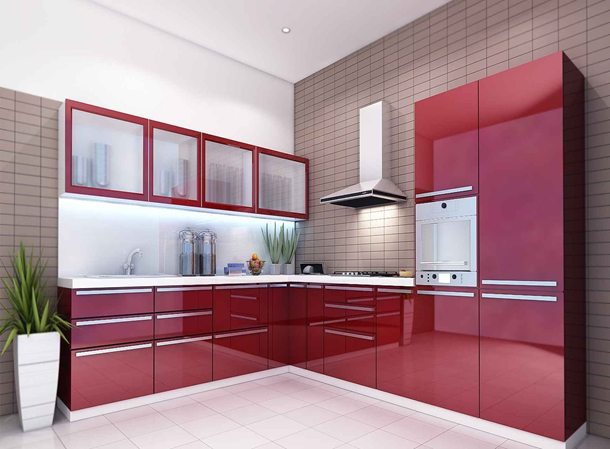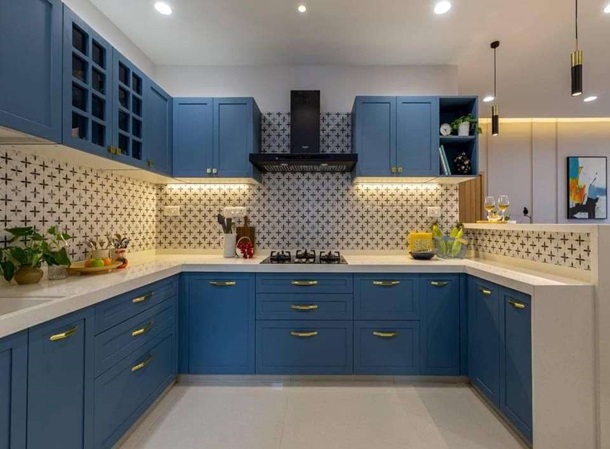Modular Kitchen


A modular kitchen is a modern, flexible approach to kitchen design, where individual modules or units are combined to create a functional and aesthetically pleasing space. These modules can be drawers, cabinets, countertops, or appliances, and their modular nature allows for a high degree of customization, making them ideal for a variety of kitchen sizes and layouts.
One of the key benefits of a modular kitchen is its adaptability. You can configure the units to fit any space, whether it's a compact apartment kitchen or a sprawling open-concept kitchen in a large home. The flexibility in design allows you to mix and match colors, finishes, and materials, enabling you to create a unique look that reflects your style.
Interior design concepts for modular kitchens often emphasize simplicity, efficiency, and ergonomics. Clean lines and minimalist designs are common, with a focus on maximizing storage and workspace. Open shelving, pull-out drawers, and corner units are popular features that enhance accessibility and storage capacity.
Materials used in modular kitchens vary, with common choices including engineered wood, stainless steel, glass, and laminates. These materials are often selected for their durability and ease of maintenance. For countertops, granite, quartz, and solid surface materials are preferred for their resistance to wear and tear.
Lighting is another important aspect of modular kitchen design. Under-cabinet lighting and pendant lights are popular choices that provide both functionality and ambiance. Smart technology, like automated lighting, voice-activated appliances, and integrated charging stations, is also becoming increasingly common in modular kitchens.
Overall, modular kitchens offer a modern and customizable approach to kitchen design, providing homeowners with a practical and stylish solution for their cooking and dining needs.
